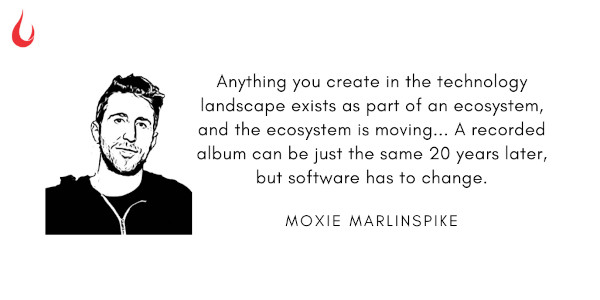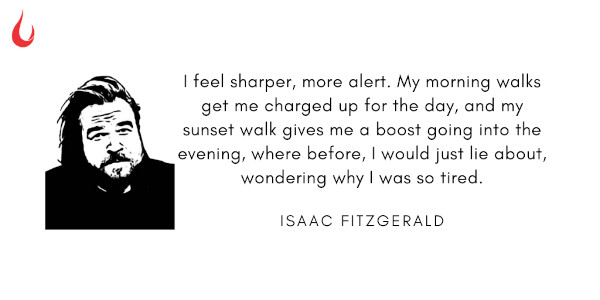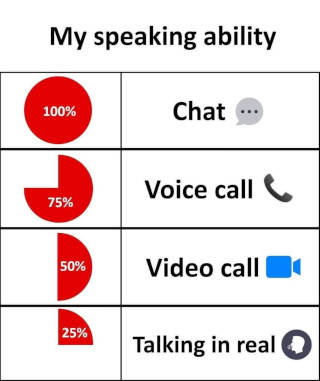Good morning
In Don't Sprint the Marathon, a short book on parenting, management professor and author V Raghunathan points out this key difference between a sprint and a marathon. He writes:
“The sprinter's mantra is simple—speed, more speed and even more speed, from the word go—forever focused on remaining ahead of his competitors. He is typically intolerant of someone overtaking him as there is practically no time left for him to catch up. Each competitor overtaking him is an immediate threat to his winning the race.
“For a long-distance runner, however, it is all about strategy and persistence. How to get into a rhythmic pace that can be kept up not for the next few seconds but for the next few hours? How best to conserve energy? How much water to drink? When to change one’s pace? At what point to draw on that hidden reserve of energy? How to get the mind to bear on the run, when the legs are beginning to give way? Whether to run at an even pace or start slow in the first hour and accelerate in the last? How to manage that cramp in the stomach with minimal loss of time? How to manage the pain?
“What is more, for most of the race, someone overtaking him does not bother him. He runs his race with patience, confident in his game-plan and the steadiness of his pace, knowing and trusting his stamina, abilities and timing, sure that he will catch up sooner or later with those who went on ahead.
“Clearly a sprinter will not ever be able to complete a marathon. He will burn out in the first few hundred metres. By the same token, a marathon runner is hardly built to rum the sprint. His physiology and psychology are all about slow burning of oxygen in a steady and sustained manner.”
Raghunathan begins the chapter with a quote by long-distance running legend Emil Zatopek: “We are different, in essence, from other men. If you want to win something, run 100 metres. If you want to experience something, run a marathon.”
In this issue
- Why cybersecurity matters
- Why walking is good for you
- What makes you tick
Have a great day!
Why cybersecurity matters
Last month, The New Yorker ran a fascinating profile of Moxie Marlinspike, founder of Signal App, and how his views on surveillance, security and privacy were shaped.

Anna Wiener, the author of the profile, writes: “In 2002, he discovered a major vulnerability in Microsoft’s Internet Explorer, and published on his personal website, thoughtcrime.org, a software program that replicated the attack. Website operators could use the program to find weaknesses in their own sites and services; savvy internet users could test the security of the sites they visited. Marlinspike received attention from the hacker and security communities for his work, but was disinclined to capitalise on it. Eventually, he added a donation button, like a tip jar, to his website. A close friend of his told me, ‘I think Moxie is someone who’s luckily not motivated by making money.’”
We urge you to read and reflect on these ideas for a specific reason. Our colleague Charles Assisi is working on a story on the spate of data breaches faced by a number of startups looking specifically into some of these aspects highlighted by security conscious techies and founders such as Marlinspike. It should be out tomorrow.
Meanwhile, do take a look at the FF Recommends issue on “How to make your online presence as hack-proof as possible” that Charles put together last month.
Dig Deeper
- FF Recommends | How to make your online presence as hack-proof as possible - Founding Fuel
- Taking Back Our Privacy - The New Yorker
Why walking is good for you
It might be stating the obvious, but walking is good for our body, our brain and our heart. Here’s an extract from yet another essay that sings its praise.

Isaac Fitzgerald, author of How to Be a Pirate, a children’s book, writes:
“It felt good to move my body. And accomplishing something gave me a jolt of mood-lifting dopamine. In the middle of an achingly difficult year, here was a simple task I could complete—something good for me.
“Every morning after I woke, and every evening before bed, rain or shine I headed to the park and put one foot in front of the other.
“This was a huge triumph. I’d made many attempts to regularly exercise in my adult life, and until now, nothing had stuck. I committed to a goal: 20,000 steps a day, or about 10 miles. As days turned into weeks turned into months, I didn’t always hit that goal, but it didn’t really matter. I walked every day, and if I logged only 15,000, or even 12,000 steps, still considered it a win.
“Not surprisingly, walking day in and day out has had positive, if subtle, effects on my body. I’ve grown sturdier. My leg muscles are a little bigger and harder, and I feel generally stronger and more resilient.
“It’s also had a positive effect on my mind. I feel sharper, more alert. My morning walks get me charged up for the day, and my sunset walk gives me a boost going into the evening, where before, I would just lie about, wondering why I was so tired.”
Dig Deeper
What makes you tick

Tell us what you think and find noteworthy. Head over to our Slack channel.
And if you missed previous editions of this newsletter, they’re all archived here.
Bookmark Founding Fuel’s special section on Thriving in Volatile Times. All our stories on how individuals and businesses are responding to the pandemic until now are posted there.
Warm regards,
Team Founding Fuel

